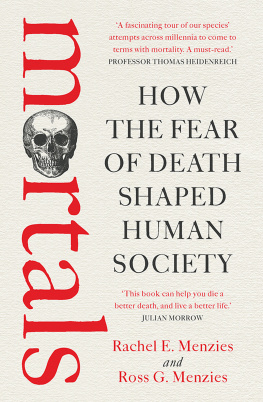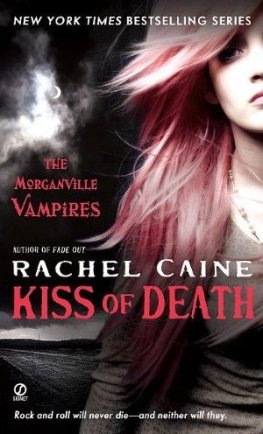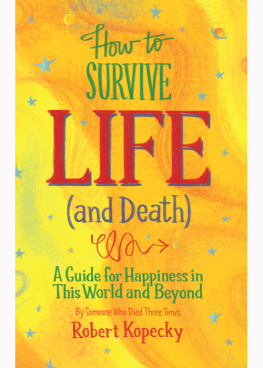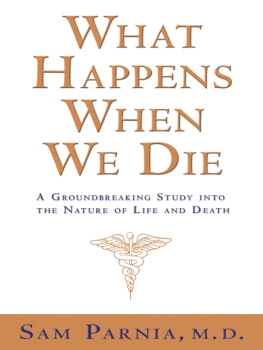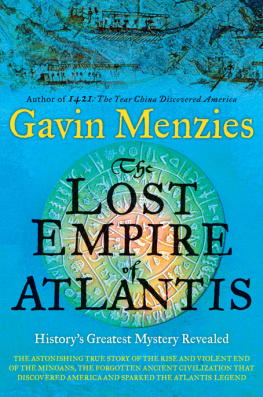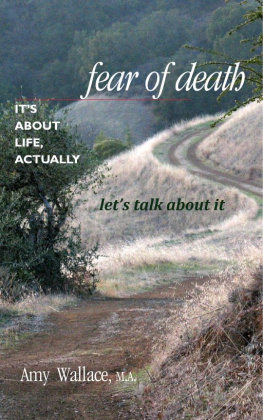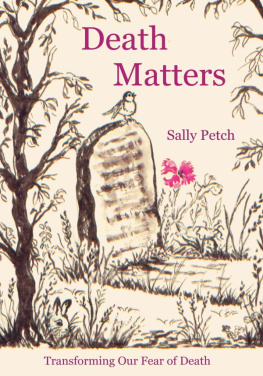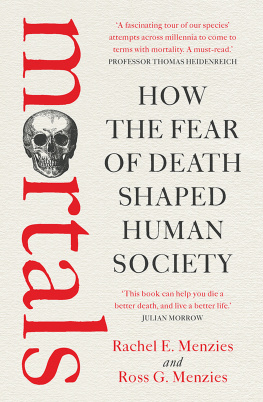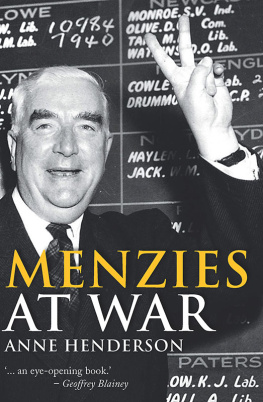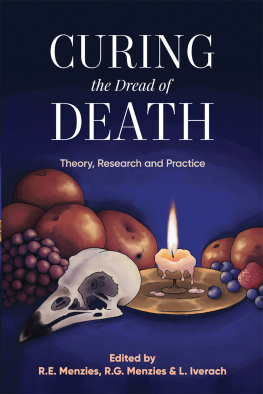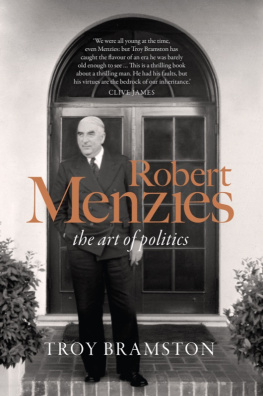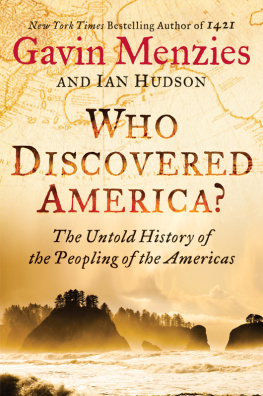
The time is at hand when you will have forgotten everything and the time is at hand when all will have forgotten you. Always reflect that soon you will be no one, and nowhere.
Marcus Aurelius, Meditations, (121180 AD)
Time is running out for our species and for each one of us. Our faith in Jesus, Ra or Zeus will not save us. Our belief in the soul, essence or spirit will not preserve us. Our insistence that we are more significant than the other animals will not protect us. In truth, as you have seen, it will make us more vulnerable. It is time for you to face the facts. You are a mortal ape and, soon enough, you will be dead. You will not be remembered.
It is the denial of these facts that has been the focus of Mortals. We have demonstrated that the fear of death, buried deep in the human psyche, motivates most of the daily choices that humans make. You now know more about why you want that extra child, why you go to church, chapel or synagogue, or why you love your family name. You have come to a deeper understanding of your support for your state or nation, and the causes of racism and xenophobia. You even have a subtler appreciation of the unconscious attractions of zombie films, vitamin supplements, ghost stories and Harry Potter. But what will you do with all this information? We hope the insights that youve gained can help you build a life that is authentically yours, not one that is controlled by the spectre of death. It is time to forget the expectations of your culture, for these were simply created to deal with your dread. What do you really want to do? If you strip away your existential pain, who are you really?
Right now you have your five senses and a body that can move them anywhere you wish. You can dive into oceans, climb mountains and let your eyes gaze on the beauty of nature. You can smell and taste flavours from all over the globe, love and embrace others, and listen to melodies from Beethoven to Beyonc. Dont waste your life living in fear of the fact that it ends. Accept your mortality, enjoy each moment that you have and learn to embrace the reaper. He isnt grim, but comes to give you rest and make room for another. Everyone has their time in the sun.
We stand on the shoulders of giants, deeply indebted to the anthropologists, psychologists, archaeologists, philosophers and social scientists who have slowly opened the door on death and its role in shaping human behaviour. In particular, we acknowledge the groundbreaking work of Professors Ernest Becker, Jeff Greenberg, Sheldon Solomon and Tom Pyszczynski. We have had the pleasure of collaborating with Jeff and Tom on other projects, and their ideas have infused many chapters in this book. Similarly, we owe debts to Professor Mario Mikulincer whose work on attachment has strongly influenced , and to Professor Robert (Bob) Neimeyer, who remains a dear friend and our go-to person on all matters to do with the human response to grief and loss.
Closer to home, we are profoundly grateful to Associate Professor Ilan Dar-Nimrod and Professor Louise Sharpe from the University of Sydney, for their invaluable input over many years. It is impossible to overstate the influence they have had on our own thinking, and it is thanks to their support and guidance that much of our own research on this topic has been conducted.
Outside academia, we would like to thank our literary agent, Gaby Naher, and the wonderful team at Allen & Unwin, led by Tom Gilliatt. Gaby and Tom have shown tremendous faith in the project from the moment of its conception. Their enthusiasm and insightful feedback throughout the writing process undoubtedly helped to sharpen the final manuscript.
Lastly, our greatest thanks must go to our family and friends. In particular, we are deeply indebted to our partners (Lachlan and Margot), our parents, (Jenny-Maree, Helen and Colin), and our children (Henry, Matilda, and Jude). Giving birth to a book of this breadth and scope takes time, and both authors have been lost to family at various points in the project. We thank you all for your endless encouragement, your willingness to discuss death over the dinner table, and your patience and love.
9/11 attacks 734, 79
abortion 456
Catholic Church and 46
academia 13
acceptance 303
Death Attitudes ProfileRevised (DAP-R) 33640
escape acceptance 3389
neutral acceptance 33940
positive spiritual beliefs and 337
terminally ill 336
achievements 12, 1318, 201, 31, 64, 103, 311, 333
adolescence
Centers for Disease Control and Prevention (CDC) survey 2867
experience of death 10
fear of death 9
grief, experience of 10
hopelessness and suicidal thoughts in 2867
ageing, diminishing fear of death 11, 167, 339
Aghori people, India 207
agoraphobia 258
Ainsworth, Mary 128, 129, 130, 147
Allen, Woody 151
Allende, Isabelle 15, 16
altars for dead relatives 2358
butsudan Japan 2358
Da de los Muertos, Mexico 235, 241
American Civil War 215
Angelou, Mary 88
Annals of Internal Medicine 160
anxiety
desire and lack of control 327
anxiety disorders 25860
adaptive coping strategies 276
coping strategies 2758
impact of fears of death 2635, 2668, 275
maladaptive coping strategies 276
Archibald Prize entrants, gender 15
architecture as legacy 97101, 121
Eiffel Tower 99101
Hitlers Germania 1013
Lincoln Cathedral 99
Pyramid of Khufu 979
Arlington National Cemetery 83, 84
Arndt, Jamie 193
art as legacy 8897, 121
cave paintings 889
footprints and handprints 901
frescoes 917
sculpture 91, 121
artificial intelligence 17980
chatbot recreating the deceased 2458
Atkins, Dr Robert
Dr Atkins Diet Revolution 164
Dr Atkins New Diet Revolution 164
attachment
anxiety measures of fear of death 132
attachment theory 12831
Pompeii victims 1256
relationships and death reminders 1327
attachment theory 12831
anxious-ambivalent attachment style 12930
anxious-avoidant attachment style 130, 131
fear of death anxiety measures 132
secure attachment style 129
Augustus, mausoleum of 223
Australian Centre for Health Research 312
Australian Competition and Consumer Commission (ACCC) 316
awareness of death 2
child understanding of death 79
emergence 79
Aztec human sacrifices 534
Baird, Mike 85
Baldwin, James
The Fire Next Time 62
Barnsley, Carmen 309
the Beatles 123
Becker, Ernest 20, 63, 64, 187, 3689
The Birth and Death of Meaning 186
The Denial of Death 12, 63, 182
virtual immortality 16
Beirut bombing 2015 86
Ben-Ari, Orit Taubman 194
Bennett, Kate 239
Berger, Theodore 172
Bethune, Brian 337
Bhagvad Gita 33
Bhimbetka, India rock carvings 889
bin Laden, Osama 79
blood transfusions 46
Bolivia, Da de las atitas 23941
Bowlby, John 128, 130, 147
Bozo, zlem 165
brain, human
architecture of 1734, 1769
artificial intelligence compared 17980
disorders, treating 176
energy requirements 3
expansion in size of 3
hippocampal prosthesis 172, 174
hippocampus, role 172
neurogenesis 1767
size 3
whole brain emulation 17280
brain, other mammals 3
Brunei 58
Buddhism 368
Buddha Tooth Relic Temple and Museum 38
monks self-mummification 20912
Shingon school 37, 211
Bukowski, Charles 13, 17
Next page
